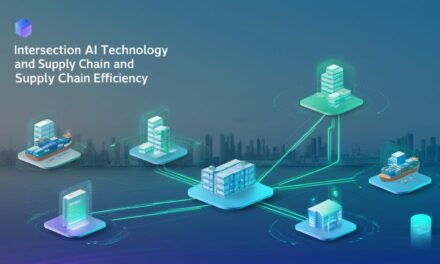Before delving right into the topic, allow us to paint a quick picture. Imagine a society where every child is competent in reading, writing, and arithmetic way before they even step foot in a primary school. This, in essence, outlines the benefits of preschool education. Coupled with impressive statistics, studies reveal that children who attend preschool are 20% more likely to graduate high school and are significantly less likely to be arrested for a violent crime later in life. Astonishing, isn’t it? This is precisely why understanding the positive impact of early education on literacy development is so invaluable. It indeed works wonders in shaping future scribes.
Fundamentals of Early Literacy Education
Literacy education in preschools goes beyond just education. It offers an exciting journey which enables children to learn at their own pace while also encouraging them to explore their world. By exposing children to literacy activities, they begin to understand the concepts of print, word identification, reading comprehension and overall language development.
The Cruciality of Preschool Education
Preschool education plays an essential role in enhancing a child’s cognitive development. It shapes a child’s mental faculties, fostering creativity and developing a greater understanding of the world around them. In addition, it nurtures their emotional intelligence and social skills which allows them to create meaningful relationships with their peers.
Cognitive Development and Preschool Education
The period from birth to age five is pivotal for brain development. Indeed, 90% of brain growth occurs during this time. Preschool education exploits this period of rapid cognitive development to instill the basic precepts of literacy.
Benefits of Early Literacy Skills Acquisition
Securing early literacy skills has profound long-term benefits. Not only does it boost academic success, but it also constructs the groundwork for a thriving professional life. Children with a strong literacy base are more likely to perform better academically in later life and pursue lucrative career options.
The Role of Trained Early Childhood Educators
This is where trained teachers make the difference. By providing structured, engaging lessons, they foster a love for learning and exploration in the hearts of young children. Their teaching methodologies promote creativity, critical thinking, as well as motor skills development.
Promoting Strategic Thinking through Literacy Education
Literacy education not only improves reading and writing skills but also promotes strategic thinking. As children engage in different literary activities, they learn to analyze, evaluate, and create new ideas, which are crucial abilities for their future endeavors.
Preschool Education and Emotional Intelligence
Through positive interactions with peers and educators during literacy activities, children develop emotional intelligence. This fosters empathy, understanding of emotions and aids in relationship building throughout their lives.
Fostering Confidence Through Early Literacy Skills Acquisition
As children grasp reading and writing at an early age, it boosts their confidence drastically. They feel empowered to express themselves and share their thoughts with the world. This confidence typically transfers to other areas of their lives as well.
Producing Responsible Citizens: A Role of Preschool Education
Preschool education forms the first foundation of a child’s formal education. Parents and educators aim to shape not just bright students but responsible future citizens through comprehensive learning methodologies that also incorporate basic civic lessons.
Benefits of Childhood Exposure to Diverse Books
Exposure to diverse books at an early age promotes inclusivity and open-mindedness. Well-rounded book collections allow children to learn about different cultures, perspectives, and experiences, enhancing their overall worldview.
Encouraging Parental Participation in Early Literacy Education
Parents play a crucial role in preschool literacy education. Active involvement of parents sends out a clear message to children that learning is fun and significant. It also reinforces what children learn at school, thus cementing their foundations even further.
The Role of Play in Preschool Literacy
Play forms a vital part of preschool literacy education. Often overlooked for more traditional methods, it is an effective way to engage children in learning whilst making it enjoyable. Play can stimulate imagination and promotes emotional and social development.
Implementing Technology in Early Childhood Education
Technology has transformed literacy education in recent years. Interactive e-books, educational apps, and online resources provide an engaging platform for kids to improve their reading and writing skills while making the learning process more exciting and fun.
Preparing Children for Future Academic Success
Early literacy skills equip children with a strong foundation for future academic success. It lays the groundwork for all other learning areas – not just language arts but subjects like science, mathematics, social studies thus providing a holistic approach to education.
In Conclusion
To sum up, preschool literacy education plays an immeasurable role in shaping future scribes. Not only does it lay the vision for future academic success, but it also equips children with the necessary emotional intelligence and social skills needed in life. This promising investment preserves the flame of curiosity within young minds and aids in grooming responsible citizens for tomorrow’s world.






